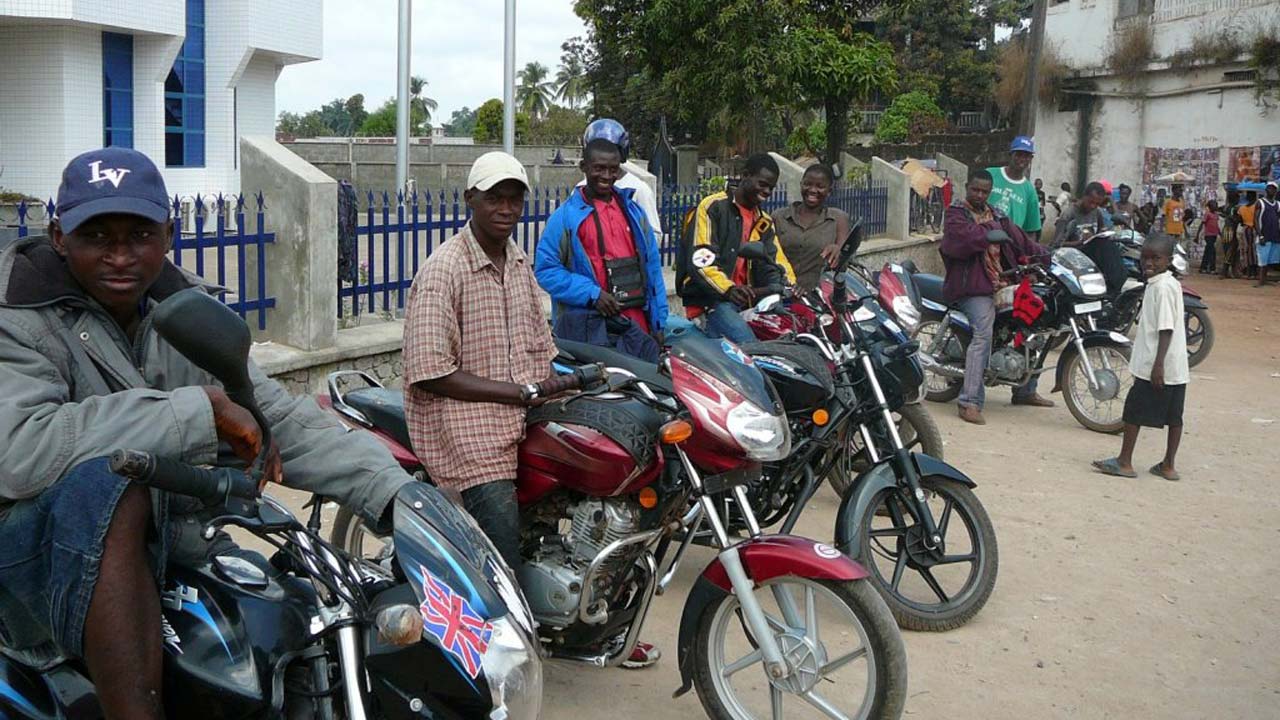
Dr Maxwell Kolawole, Director of West and Central Africa Programmes, Malaria Consortium, has said that more than one million children in Plateau received free seasonal malaria chemoprevention drug in 2024.
Kolawole made this known in Jos on Saturday during the 2025 Seasonal Malaria Chemoprevention State Level Kickoff and Planning Meeting.
He was represented by Dr Mashor Mbwas, the Project Manager for Malaria Consortium in Plateau.
He said that children from the age of three months to 59 months in more than 10, 000 communities in the 17 local government areas of Plateau were given prophylaxis.
He said that the action led to reduction in the burden of malaria in the state.
According to Kolawole, a recent data shows that Plateau now has malaria prevalence rate of 15 per cent as against the 2018 prevalence data of 23 per cent.
Kolawole said the essence of the meeting was to build on successes recorded in 2024 and formulate strategies to tackle challenges encountered.
Mr Ndak Zuhumnan, the Programme Manager of Plateau Malaria Elimination Programme, said the Plateau State Malaria Elimination Programme (SME-P), in partnership with Malaria Consortium, administered the free seasonal malaria chemoprevention drug.
Zuhumnan said that prophylaxis was administered to children under five years of age without malaria to boost their iimmunities and prevent them from coming down with the disease.
He said that the intervention was part of the state government’s efforts to eradicate malaria by 2030.
The programme manager, also a nurse, said that in 2024, 12,000 ad-hoc staff were trained for administration of the prophylaxis in 10,988 communities, including hard-to-reach settlements.
Zuhumnan said that the essence of the meeting was to analyse what was done in 2024 and seek ways to overcome challenges.






